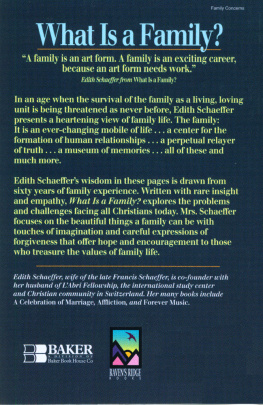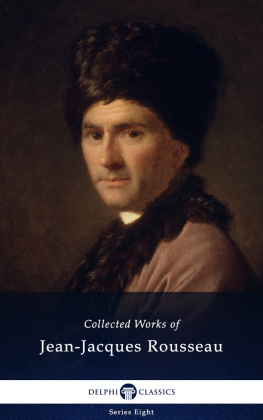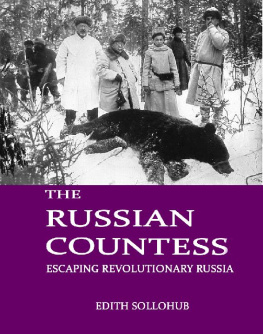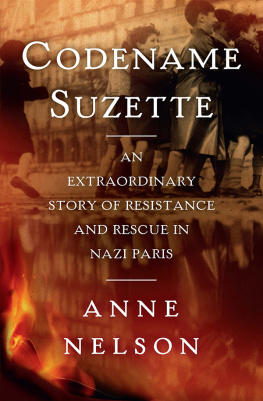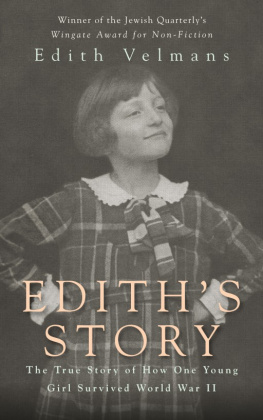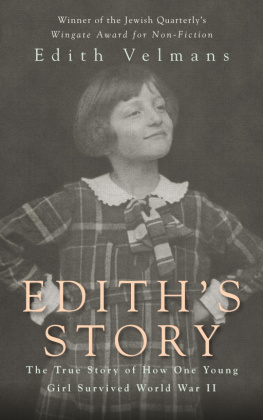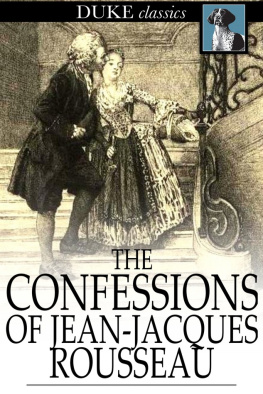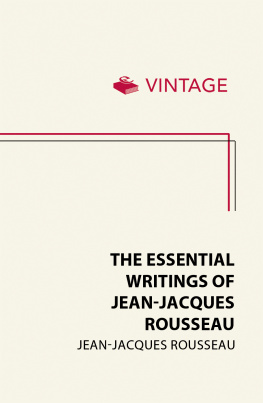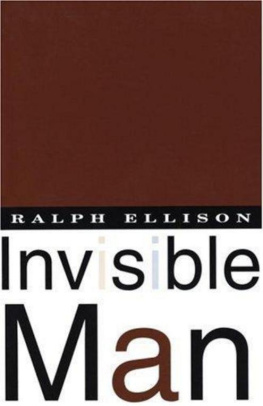Copyright 2020 Martha Leigh
The moral right of the author has been asserted.
Apart from any fair dealing for the purposes of research or private study,
or criticism or review, as permitted under the Copyright, Designs and Patents
Act 1988, this publication may only be reproduced, stored or transmitted, in
any form or by any means, with the prior permission in writing of the
publishers, or in the case of reprographic reproduction in accordance with
the terms of licences issued by the Copyright Licensing Agency. Enquiries
concerning reproduction outside those terms should be sent to the publishers.
Matador
9 Priory Business Park,
Wistow Road, Kibworth Beauchamp,
Leicestershire. LE8 0RX
Tel: 0116 279 2299
Email: books@troubador.co.uk
Web: www.troubador.co.uk/matador
Twitter: @matadorbooks
ISBN 978 180046 038 6
EBOOK ISBN 978 1800467 620
AUDIOBOOK ISBN 978 1800467 736
British Library Cataloguing in Publication Data.
A catalogue record for this book is available from the British Library.
Matador is an imprint of Troubador Publishing Ltd
To Huw with all my love.
You never met my parents but now you know them well.
Contents
Foreword
This family memoir has been waiting to be written for several decades. Ever since my childhood, I had known about the boxes that were stuffed in various cupboards around the house containing my parents correspondence. This began in 1937 when they met in Paris and continued throughout the six years of the war. Writing to each other sometimes in German, but mostly in French, their peculiar love story evolved with hiccups and tension against the turbulent background of their lives and world events.
Later, more letters emerged from the loft of the house I grew up in. These were from my mothers mother in Czernowitz, a remote town in eastern Europe. I had to wait much longer before discovering their contents because they were written in Stterlin, a German handwriting script which was totally illegible to me. Eventually I found a native German speaker who could decipher it, which brought my warm, witty and lovable grandmother to life.
My father left an extensive personal archive. Very helpfully, he kept both the letters he received and drafts of his own, taking care to date them. After his death, much more of his personal writing came to light: this included poems composed from the age of fifteen to the year of his death, a play, his eye-witness account of the Battle of Cable Street in 1936, some short stories, diaries, notebooks of quotations and aphorisms, intimate correspondence with friends, some very moving letters he wrote to his mother when he was nine years old and an astonishingly frank novel.
My mother, a concert pianist, expressed her deepest feelings through music. In her letters, as in her life, she tended to be economical with the truth, but those who loved her could tell when she was holding back. Her letters to my father give an outline of her traumatic war experiences, and the Swiss Federal Archives have filled in some of the gaps. When on twice-weekly dialysis, realising she was dying, she set about in a purposeful way to give me an account of what she had endured during the war. Each time I visited, there was a new instalment. Alas, at the age of seventeen I did not retain everything she told me. I only wish she had committed her story to paper.
My mothers brother, my Uncle Reinhold, was nothing less than a modern hero. A man of action and a scientist, he wrote a memoir called Mes quatre vies which he tape-recorded when he was ill, continuing until a few days before his death. This has been a very useful source of information. In it he relates his extraordinary exploits during the war in France, and his rise from working as a country doctor to his position as the nations leading anaesthetist. His cousin, Annie, whom he adopted, has also written two memoirs which relate her miraculous escapes from the Nazis.
All these documents demanded to be read in the first place so that I could satisfy my personal curiosity, uncover secrets, find out who my parents really were and by extension, understand my own identity. This turned into a much wider exploration. The family history is entwined with many of the social and political currents in Europe during the twentieth century. The letters also provide a close-up view of daily life in that era which seems so long ago, when seen from a twenty-first century perspective.
I agonised about whether I should publish information my father had kept private during his lifetime. I concluded that, as a seeker of truth himself, he would approve. After all, had he not dedicated a lifetime to researching every detail about that flawed genius, Jean-Jacques Rousseau, himself the author of The Confessions ? He expressed a longing for a world in which he would be understood, and there are clues that he had an eye to posterity. For a long time, he had intended to publish his novel. He could easily have destroyed his writing. Instead he preserved it with the meticulous attention of a true archivist.
My father must have enjoyed the prospect of his children sorting through his personal documents. With his characteristic wicked humour, he left us a sheet of paper, blank apart from the heading, This page is written in invisible ink.
1
Porson Road
I was born in 1954, just nine years after the Second World War, but it could have been ninety as far as I was concerned.
We moved into a brand-new house, Number 12 Porson Road, when I was four. It was about two miles south of Cambridge city centre on the way to Trumpington. The house was the product of my fathers dreams and the answer to my mothers prayers. My father, Ralph Alexander Leigh, had bought the plot which had once been farmland and was still full of turnips. When we first moved in, pigs roamed in the garden and occasionally cows appeared from the neighbouring field, which was a mass of buttercups in spring. Ours was the last to be built during my childhood, in the road of large detached residences with orderly gardens.
Ralph himself, with the help of an architect, designed the house from scratch, which accounted for several eccentricities: the most puzzling of these, persisting in my memories and my dreams throughout my life, was the absurd arrangement of the front and back door being next to each other. The front door was sturdy and secure. It opened onto a spacious hallway with an impressive parquet floor and a very high ceiling from which hung a dusty chandelier full of cobwebs, a wedding present from my Uncle Bernie. The back door was reached from inside, through a small washroom and lavatory with turquoise vinyl tile flooring. It did not lock properly, and this was never fixed. Consequently, despite its rather imposing main entrance, the house never felt quite secure.
For Ralph, the house was an expression of elegance and grandeur. The expansive drawing room could accommodate both my mothers grand pianos but was usually reserved for the best one (which she referred to as a superior instrument). It occupied one corner of the parquet floor which emerged from underneath a huge Turkey carpet. Above the splendid, grey marble fireplace hung a painting, which my father believed to be valuable, showing a ship coming into harbour you could just make it out under the varnish. In the alcoves on either side of the fireplace, he displayed his collection of Imari vases and plates and his blue glass vases and bowls. The drawing-room doors were eighteenth century in style, with gold-painted mouldings in the panels and crystal knobs. There was an overloaded, precariously tilting, revolving bookcase and a huge glass-fronted cabinet in which my mother kept her music and my father his liqueurs and cut-glass decanters filled with sherry, both sweet and dry, to accompany the salted roasted peanuts and pimento-stuffed olives he offered to visitors. The French windows overlooking the garden on two sides of the room made it very bright, causing the dusky red damask curtains and upholstery to fade.


